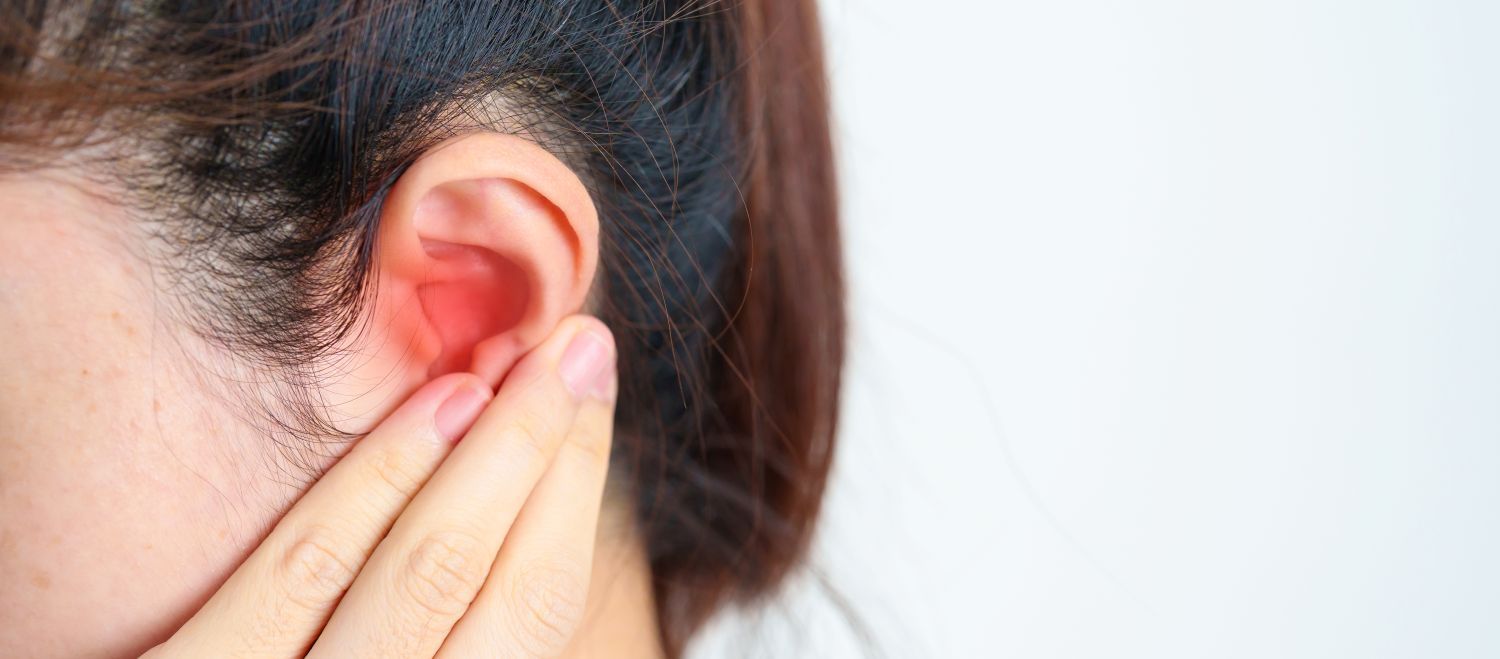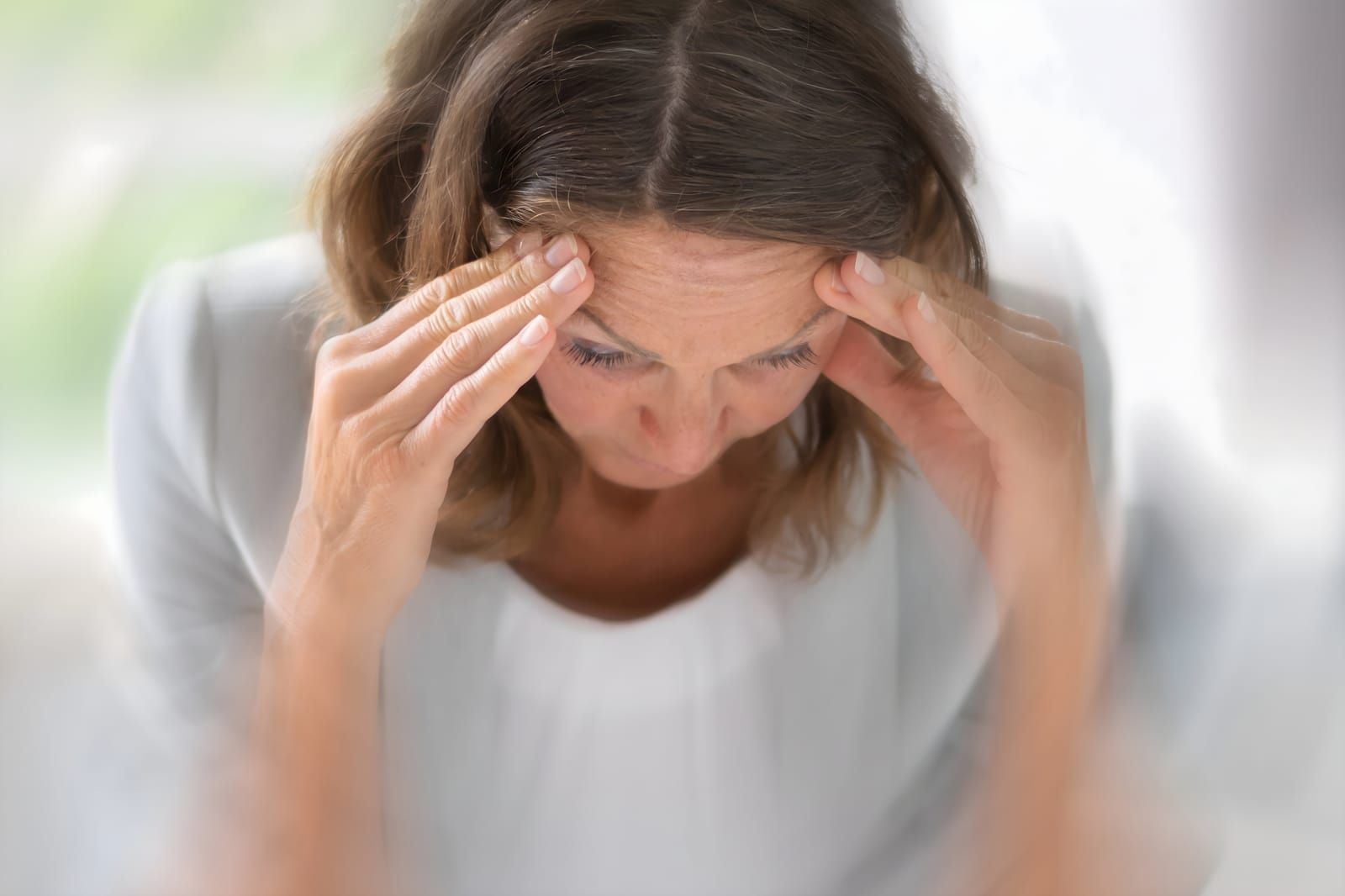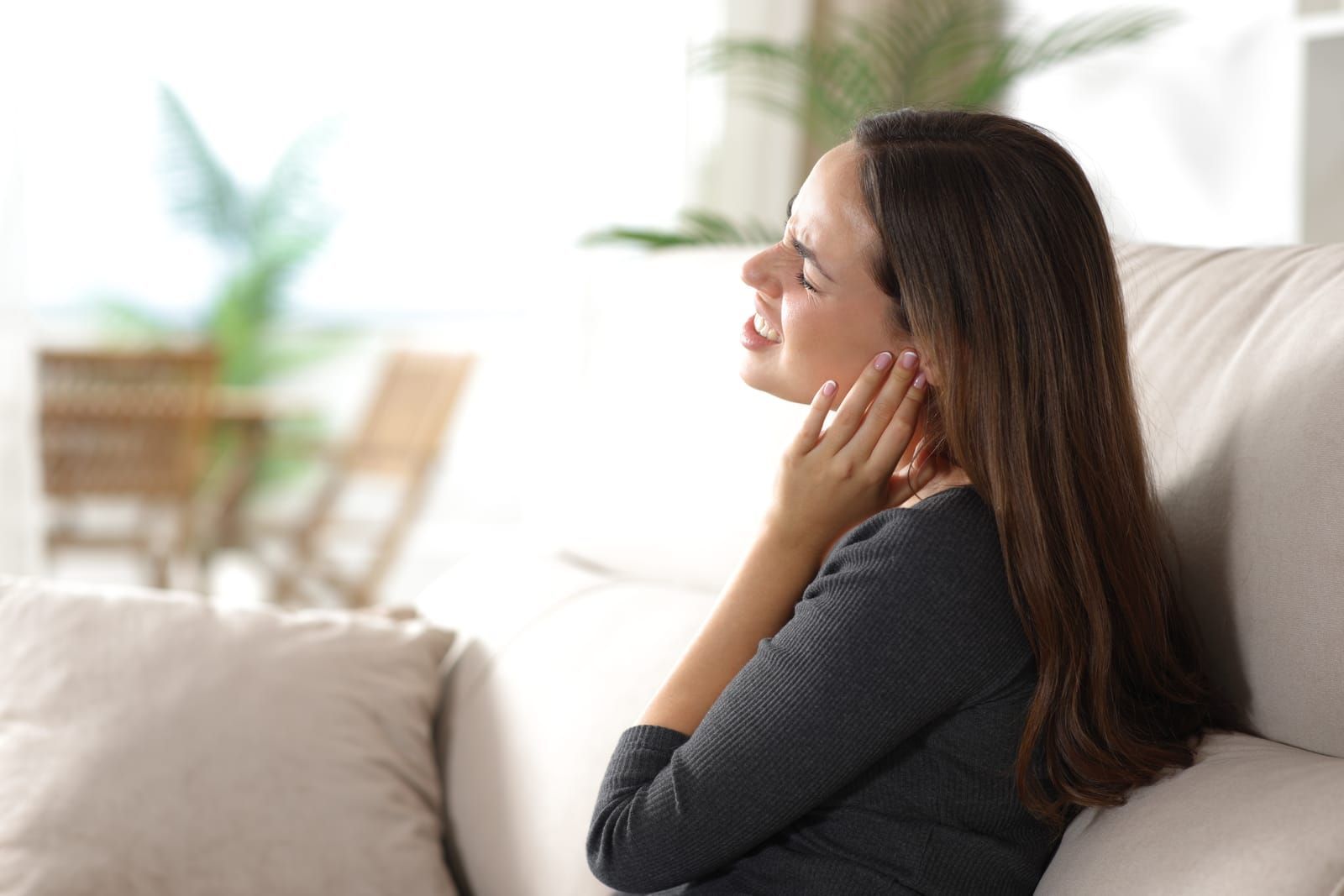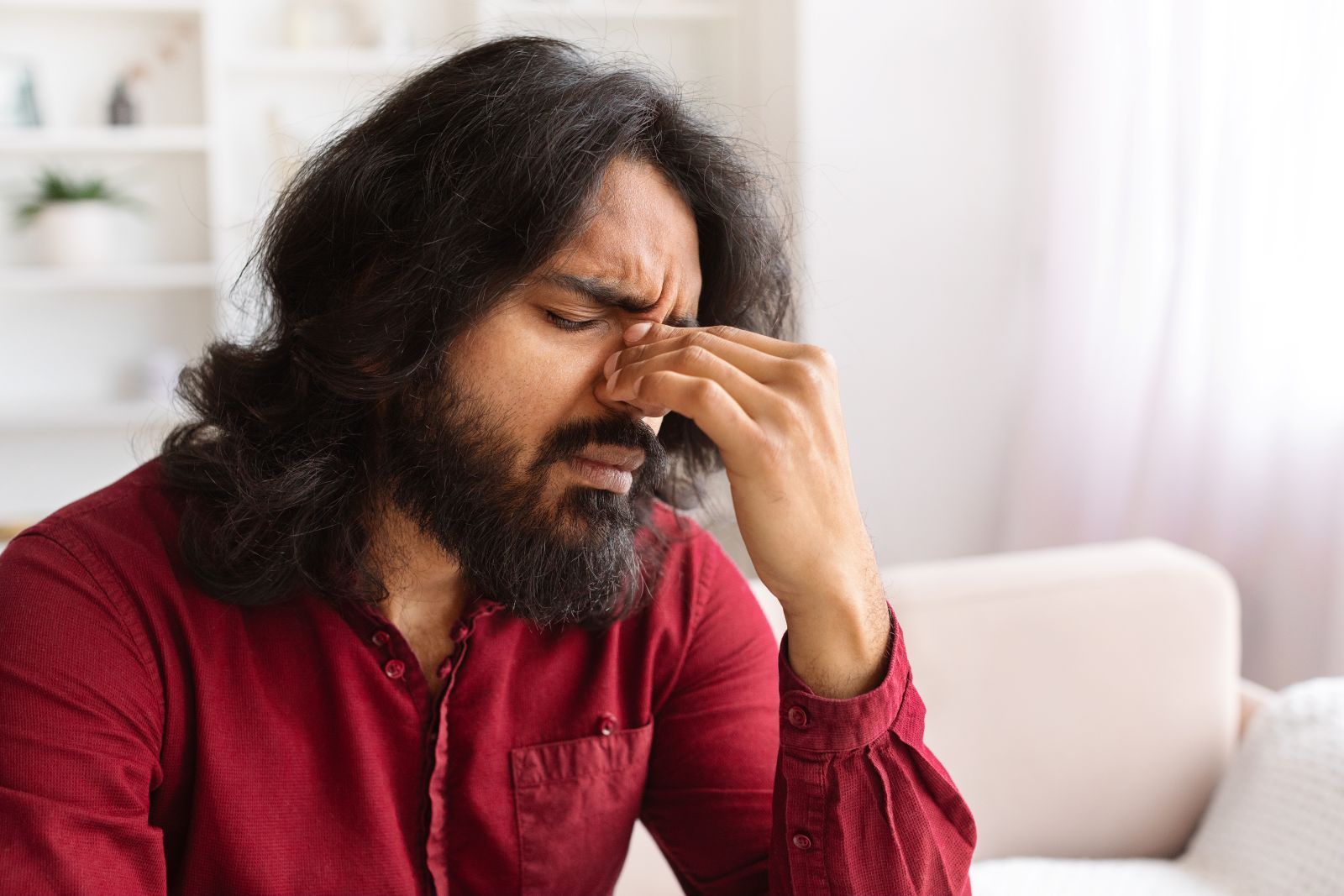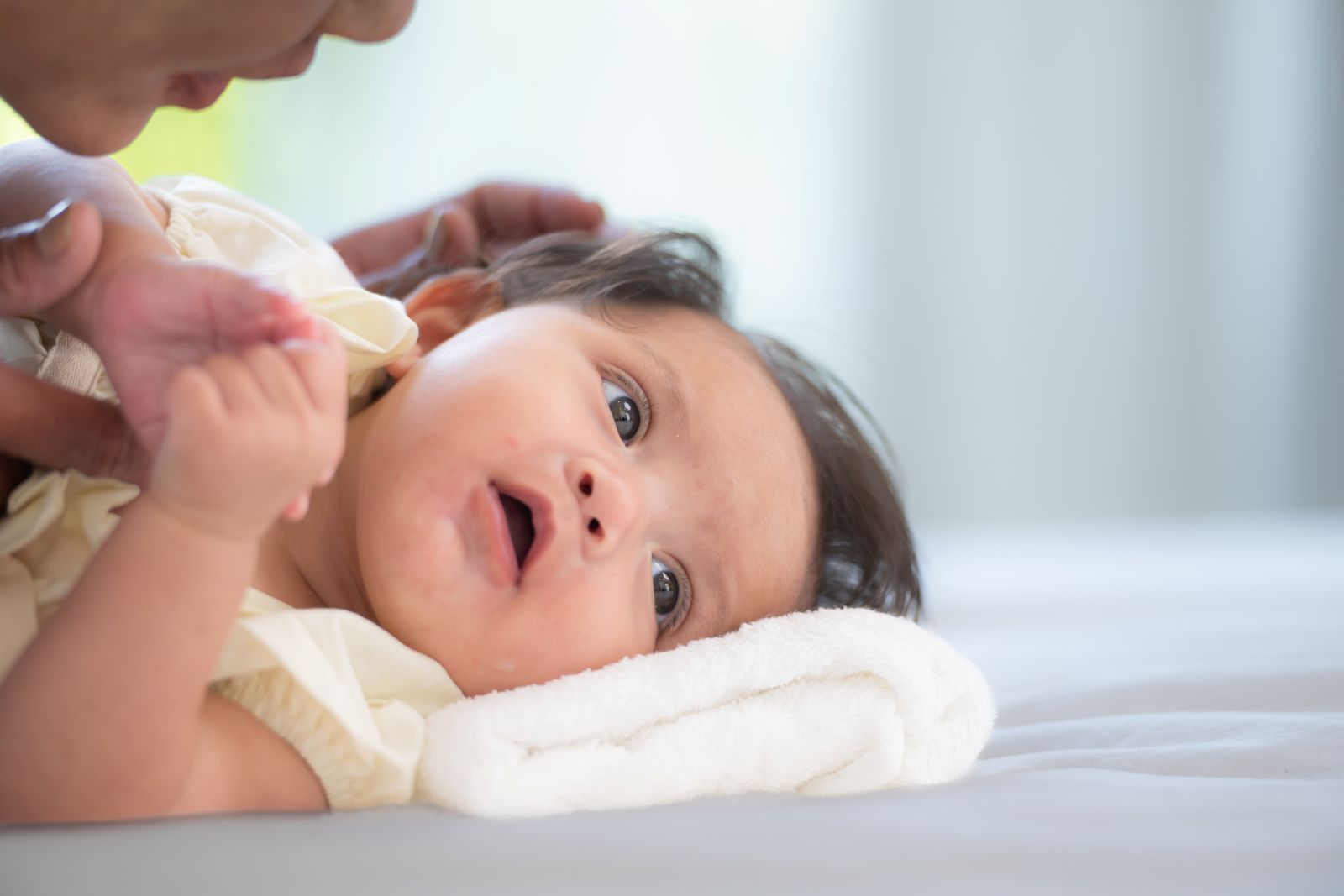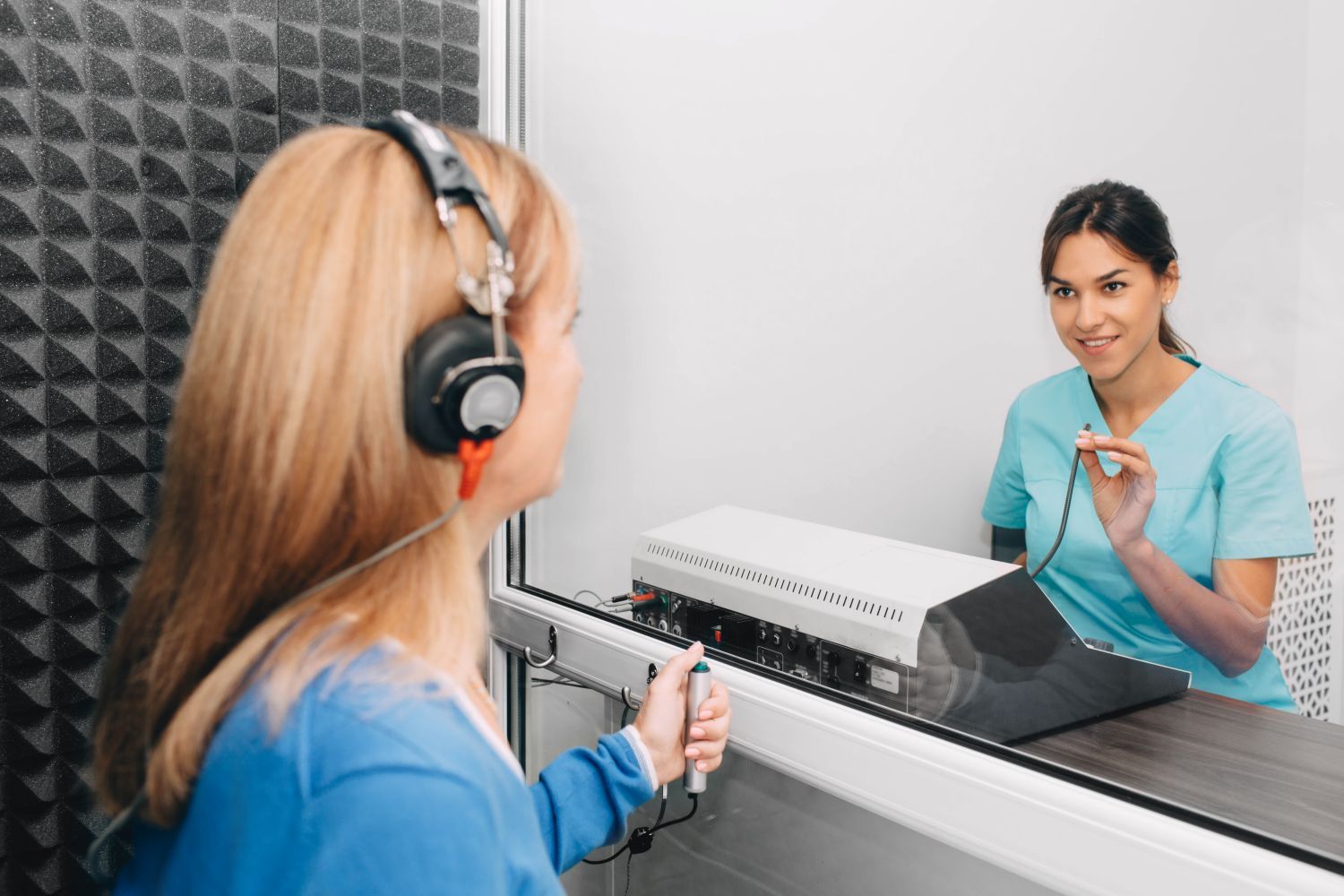How to Get Your Hearing Back After an Ear Infection
If you’ve recently had an ear infection, you might be wondering, “Will my hearing come back?” or “How can I restore my hearing after this?” Ear infections can cause temporary hearing loss, which can be frustrating and worrying. The good news is that in most cases, your hearing will improve as your ear heals. In this blog, we’ll walk you through how ear infections affect hearing and share easy tips on how to get your hearing back.
What Happens to Your Hearing During an Ear Infection?
An ear infection usually affects the middle ear — the space behind your eardrum. When this area gets inflamed or filled with fluid, sound can’t travel through as easily, leading to muffled or reduced hearing. This type of hearing loss is called conductive hearing loss, and it’s usually temporary.
How Long Does It Take for Hearing to Return?
For many people, hearing starts to improve within a few days to a week after the infection begins to clear up. Complete recovery can take a few weeks. However, if the fluid remains trapped or the infection causes damage, it might take longer.
If hearing loss lasts more than a few weeks after your infection has cleared, it’s important to see an ear, nose, and throat doctor for further evaluation.
Tips to Help You Regain Hearing After an Ear Infection
1. Follow Your Doctor’s Treatment Plan
Be sure to complete the full course of any prescribed medication, even if you start feeling better. This helps ensure the infection is completely cleared.
2. Keep Your Ear Dry
Use earplugs while swimming or bathing to prevent getting water in your ear while bathing or swimming, as moisture can delay healing or cause reinfection.
3. Use Warm Compresses
Applying a warm cloth over the affected ear can ease pain and may help fluid drain naturally.
4. Avoid Loud Noises
Give your ears a rest from loud environments to prevent further irritation during recovery.
5. Try Gentle Ear Exercises
Yawning, swallowing, or practicing the Valsalva maneuver can help open your Eustachian tubes and promote fluid drainage.
6. Stay Hydrated and Rest
Drinking plenty of fluids and getting enough rest supports your body’s healing process.
When to See a Specialist
If your hearing doesn’t improve or worsens after an ear infection, or if you experience severe pain, dizziness, or discharge from the ear, reach out to an ENT specialist. They can check for complications, like persistent fluid buildup or damage that might need additional treatment.
Can Hearing Loss from Ear Infections Become Permanent?
Most hearing loss caused by ear infections is temporary. However, repeated infections or untreated conditions can sometimes lead to permanent damage. That’s why timely treatment and proper follow-up are so important.
Final Thoughts
Recovering your hearing after an ear infection is often straightforward with the right care and patience. Listen to your body, follow medical advice, and don’t hesitate to seek help if things aren’t improving.
Do you have questions about ear infections or hearing loss? Our specialists and audiologists at ENT Medical and Surgical Group are here to help. We understand the discomfort that comes with poor ear health and are dedicated to providing effective solutions. Contact our experienced ENT team today for personalized advice and care! Remember, clear hearing is essential for communication and quality of life — so taking steps to protect and restore it is well worth it.




